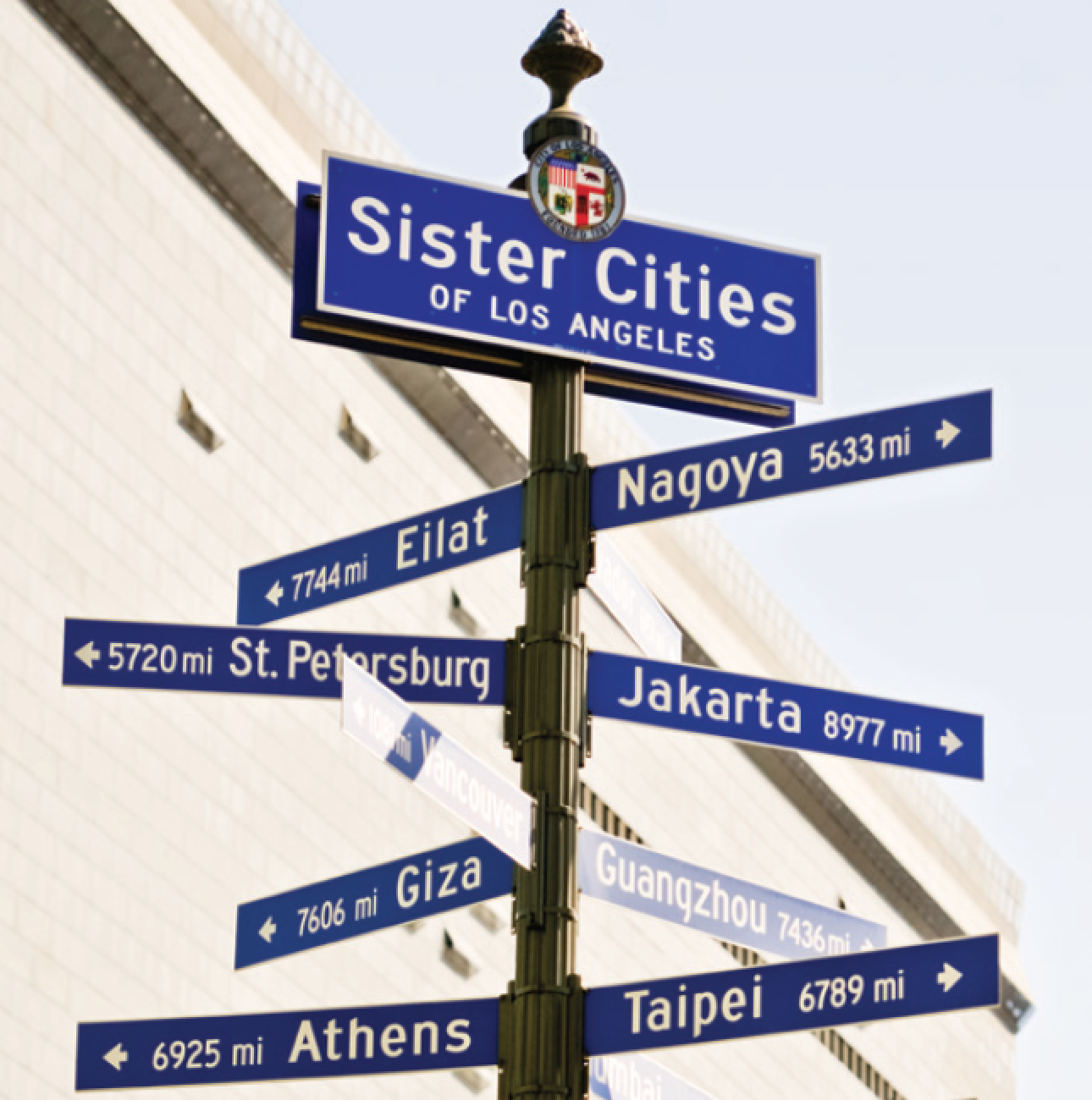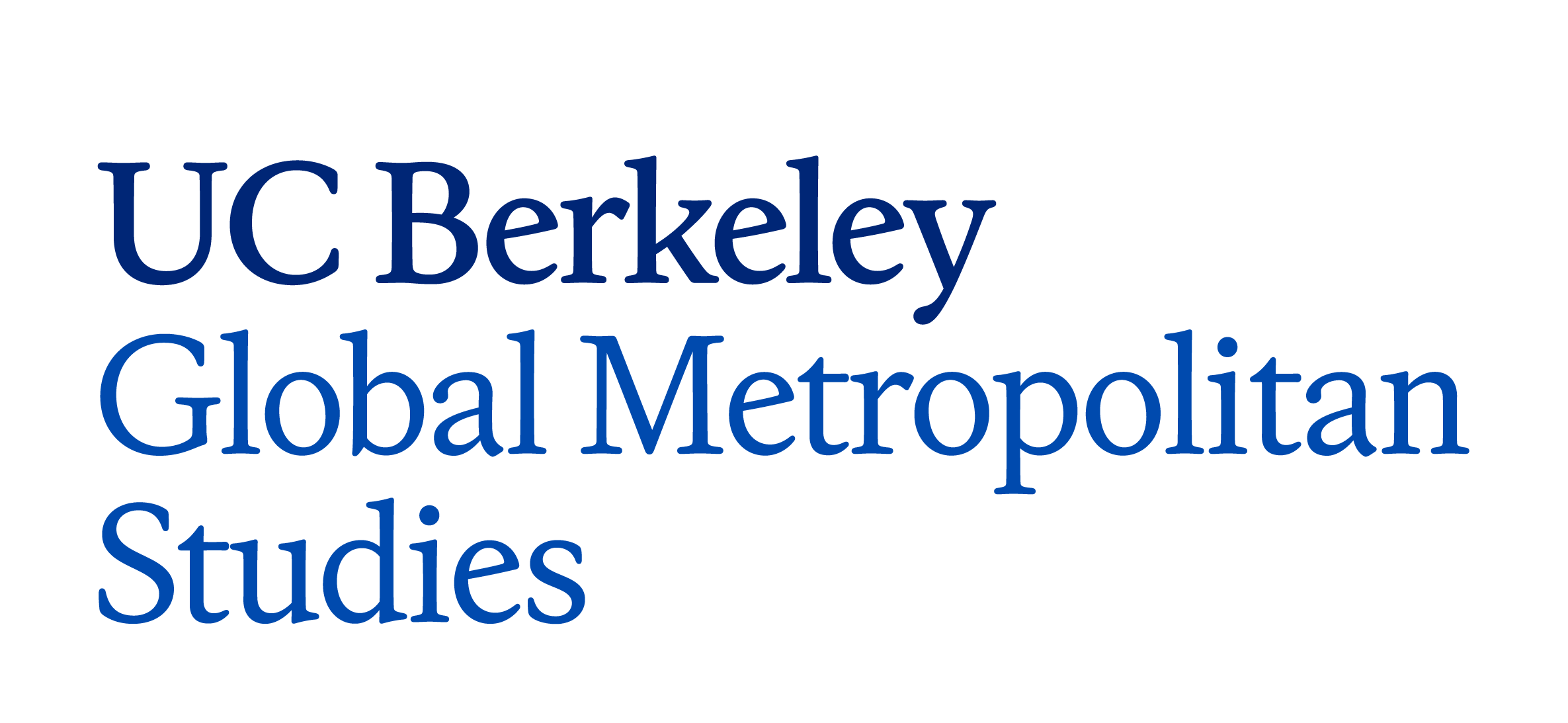How can twin city arrangements benefit the sister cities? GMS Executive Committee member Professor Michel Laguerre explores diverse contemporary models of cross-border city-to-city entanglements with a view to promoting friendship, border management, entrepreneurialism, urban development, transnational municipal policy, and digital embeddedness. In his new book, Global City-Twinning in the Digital Age (University of Michigan Press, 2020), Professor Laguerre selected multiple cities involved in sororal arrangements–including Berkeley, Budapest, Casablanca, Istanbul, Paris, Prague, San Diego, and San Francisco– for field research and collection of qualitative data for the project. These case studies, or composite urban biographies, allow an opportunity to identify successful sister-city relations that materialize through (1) transfers of technical knowledge, professional skills, capital, and goods; (2) collaboration in terms of joint training and the sharing of best practices of urban governance, urban planning, and local democracy; and (3) understanding emergent forms of transnational municipal management, cross-border administrative cultures, and aspects of global urban politics. These selected aspects of cross-border sister-city practices are deconstructed and interpreted in this study through the disciplinary lens of globalization theory.
Global City-Twinning in the Digital Age

